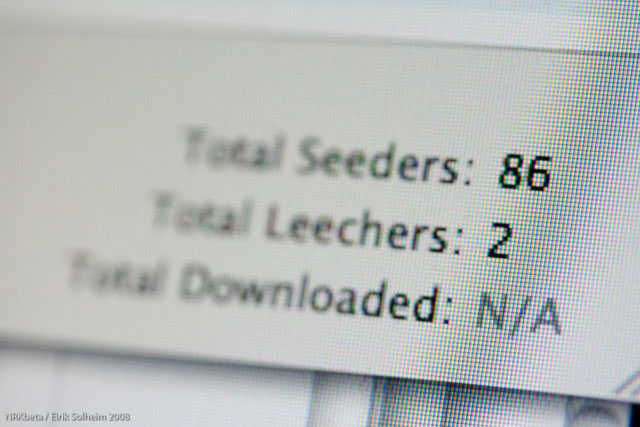
The Center for Copyright Information has revealed more details about its "six strikes" system, which it calls the Copyright Alert System (CAS). In a blog post published Thursday morning, the program’s head, Jill Lesser, announced that the CAS “will begin in the coming weeks.”
Lesser added that it will use an analysis system called MarkMonitor to identify infringing activity. That system “uses both trained professionals and automated processes to identify illegal downloading of whole movies, TV shows, and musical recordings, and the system is designed to eliminate false positives.” Finally, the CAS has given further details on its review process that will take place at the “mitigation stage” (strikes five through six), which will be administered by the American Arbitration Association.
No strikeout?
The launch date is consistent with what Lesser told Ars last month, when she said the program would begin before the end of the year. (The original target for launch was December 2011.)
Lesser said that over the next two months, the five major ISPs funding the CAS—AT&T, Cablevision, Comcast, Time Warner Cable, and Verizon—would ”begin rolling out" their versions of the alert system. Under the CAS, ISPs would pass infringement notices from copyright holders on to their subscribers.
She also underscored that “termination of a consumer’s Internet service is not part of any ISP’s Copyright Alert System program,” meaning that the CAS itself does not terminate anyone’s Internet connection, nor does it bring lawsuits. Rather, the ISPs and rightsholders themselves could take steps to do that themselves. “The program doesn’t in any way change the legal structure or the environment that’s out there,” Lesser told Ars on Thursday morning.
“Nothing in this program either affects, alters, or does anything to a copyright holder's ability to sue over copyright.”
She reemphasized the fact that the CAS sees itself as an education program. As such, it seeks to alert consumers to illicit activity that may be happening on their home networks (e.g., teaching people how to secure their Wi-Fi) while educating them about legal digital alternatives and the importance of copyright.
“We are approaching on the theory that most consumers want to do the right thing and will do the right thing if they understand,” Lesser added.
“If we are right, most consumers hopefully will never get to level five or six. If there are people who don’t and they would be out of the program, clearly the program has not worked for those consumers. Rather than continuing to slap people on the wrist, we’re going to save our resources and send those alerts to people who will respond. Out of the program means we’ve tried to educate you and you’re back on the bottle, or whatever the analogy is you want to use—we can’t help you.”
"Very few appeals"
The MarkMonitor's identification system, the blog post adds, is based on public information.
“Importantly, the methodology for identifying infringed content and the IP address from which it has been distributed is based on a review of peer-to-peer networks and publicly available information,” the blog post states. “No personal consumer information will be obtained by MarkMonitor or content owners either in generating the notices or in passing them on to consumers.”
However, armed with an IP address, as we’ve seen many times before, it usually isn’t terribly difficult to get that subscriber information from an ISP.
Finally, Lesser explained to Ars that consumers will have to pay $35 to the CAS to initiate a review procedure, which will be refunded if the consumer wins the review.
“I think the expectation is that if the methodology works correctly and if the alerts work, we hope that there will be very few appeals,” she added. “Because I do think that for some people if you are just throwing up a trial balloon [to see if you’re right], you’re not going to pay $35 and appeal.”
As many Ars readers no doubt realize, the CAS program would do little to stop those with the technical sophistication and knowledge of how to cover one’s tracks online through the use of a VPN, Tor, or other digital obfuscatory tools. When Ars pointed out to Lesser that the CAS would probably not do much to dissuade those types of users, she acknowledged: “I think that’s probably right.”
But she added that a “large majority” of people using file-sharing networks are not “fully aware of the implications of what they’re doing.”
“We are, I think, going after Joe Consumer,” she said. “We are not going after people who have spent time trying to be sophisticated pirates. For that there are laws in place and the content community will continue to fight that problem. This is the first time that there is a multi-stakeholder effort that tries to address these issues in a consumer-friendly way. If we are successful and we see a reduction in piracy and an increase in legal services, there may be a phase two. We need to take this first step and evaluate it."
reader comments
186